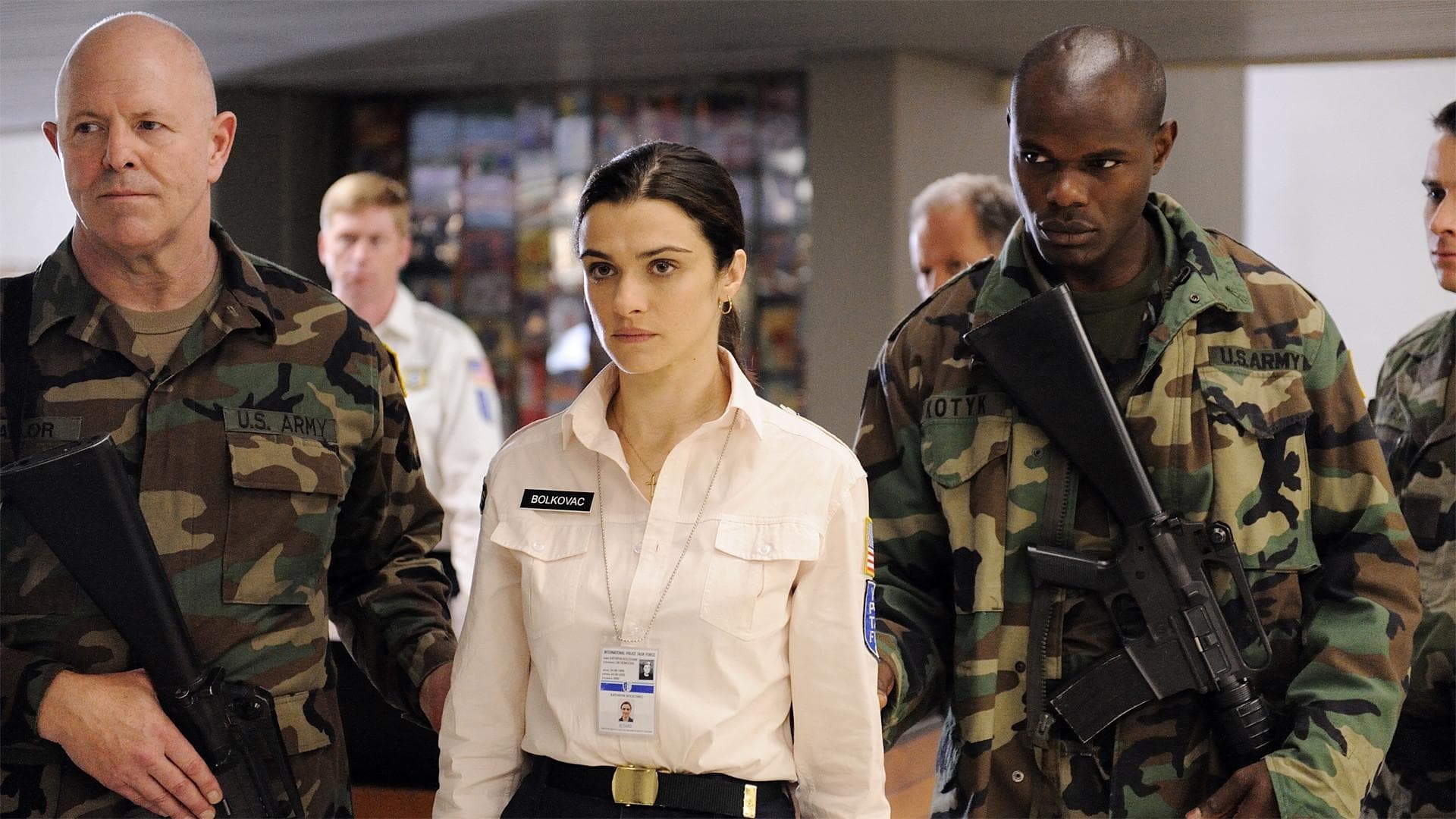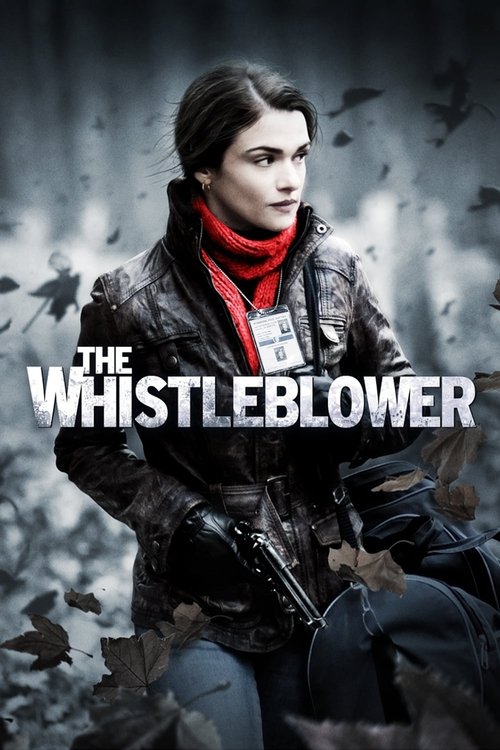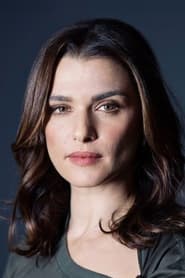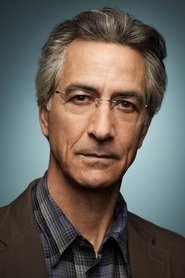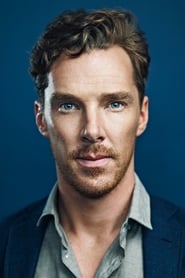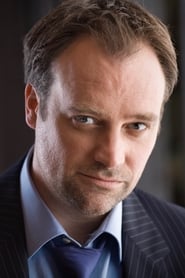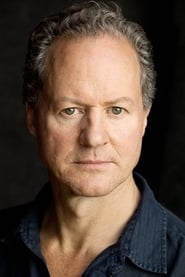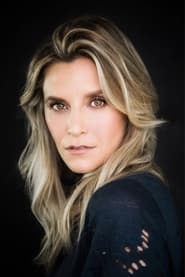Cast
View AllRachel Weisz
as Kathryn Bolkovac
Vanessa Redgrave
as Madeleine Rees
Monica Bellucci
as Laura Leviani
David Strathairn
as Peter Ward
Nikolaj Lie Kaas
as Jan Van Der Velde
Benedict Cumberbatch
as Nick Kaufman
Liam Cunningham
as Bill Hines
Paula Schramm
as Luba
David Hewlett
as Fred Murray
William Hope
as Blakely
Luke Treadaway
as Jim Higgins
Alexandru Potocean
as Viko
Rayisa Kondracki
as Irka
Jeanette Hain
as Halyna
Sergej Trifunović
as Ivan
Crew
Director
- Larysa Kondracki
Writer
- Eilis Kirwan
- Larysa Kondracki
Producer
- Christina Piovesan
- Celine Rattray
- Igor A. Nola
Reviews
Filipe Manuel Neto
**A good human drama, full of qualities.**
I really enjoyed this film, which is a powerful and poignant drama set in the years after the Bosnian War. Under the cover of peacekeeping operations in this country, marked by ethnic tensions and the scars of a fratricidal war, an American police force ends up discovering the involvement of military and UN employees in a vast scheme of trafficking in women for sexual exploitation. She exposes what's going on, but she has no way of knowing anyone's true loyalties, and most of the big culprits are safe behind powerful diplomatic immunities sanctioned by New York.
I don't know, as well as I would like, the real facts behind the action of the film. What I do know is that the real Kathryn Bolkovac sued the firm she worked for being wrongly dismissed, and won after denouncing the criminal wrongdoing she encountered. But regardless of that, it is a good film and entertains its audience very well, with a touching and engaging story, which Larysa Kondracki knew how to use well.
Rachel Weisz gives us a very strong and intense performance, her dramatic work being a key point in making the film work. The film also features quality work from David Strathairn and veterans Vanessa Redgrave and Monica Bellucci. With good cinematography, good costumes and sets and an effective soundtrack, the film also has good production values and some scenes are quite strong and difficult to see.
Jan 20, 2023
Thematic Analysis
As a dramatic work, The Whistleblower examines complex human relationships and emotional struggles against the backdrop of contemporary challenges that mirror our own experiences. The character development particularly stands out, offering viewers a chance to reflect on their own life journeys.
Director Larysa Kondracki brings their distinctive visual style to this film, continuing their exploration of themes seen in their previous works while adding new elements. Their approach to character development and emotional depth creates a viewing experience that rewards close attention.
Released in 2010, the film exists within a cultural context that continues to evolve with our understanding of its themes. Its reception demonstrates the diverse reactions to its artistic choices and its place in cinema history.
Did You Know?
- The production of The Whistleblower took approximately 12 months from pre-production to final cut.
- The final cut of the film runs for 112 minutes, though the director's initial assembly was reportedly 162 minutes long.
- The director insisted on using practical effects whenever possible, reserving CGI for only the most necessary scenes.
- Several scenes were filmed in multiple locations to capture the perfect setting.
- The costume department created over 221 unique costume pieces for the production.
Historical Context
- In 2010, when this film is released:
- Streaming services were revolutionizing film and television consumption.
- Climate change awareness was becoming a central global concern.
- Streaming platforms were disrupting traditional distribution models and changing how audiences consumed films.
How This Film Stands Out
While The Whistleblower shares thematic elements with other films in its genre, it distinguishes itself through its unique approach to storytelling, visual style, and character development.
Unlike Dead Man Walking, which takes a more conventional approach to its subject matter, The Whistleblower offers a fresh perspective through its innovative visual language and narrative structure.
While films like The Piano and The Last Emperor explore similar territory, The Whistleblower stands apart through its distinctive directorial vision and pacing.
This film's unique contribution to cinema lies in its thoughtful balance of entertainment value and thematic depth, making it a valuable addition to its genre.
Details
- Release Date: September 13, 2010
- Runtime: 1h 52m
Where to Watch






